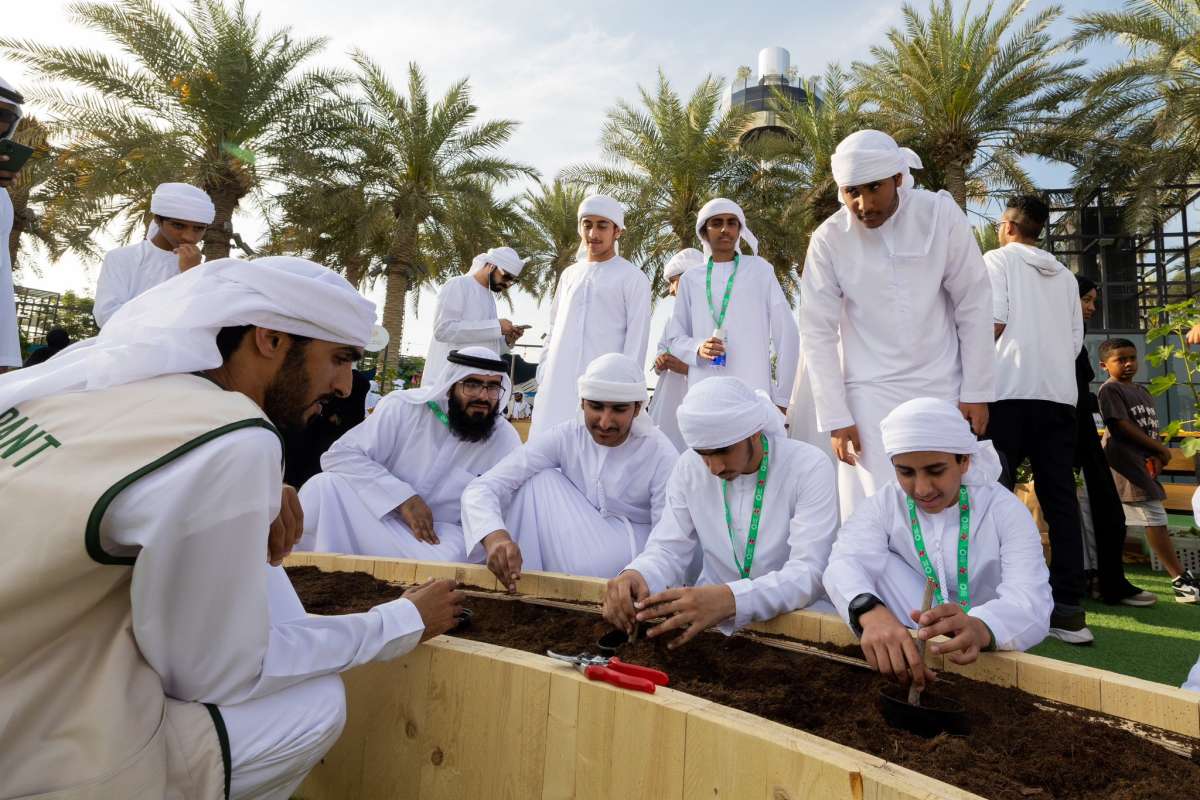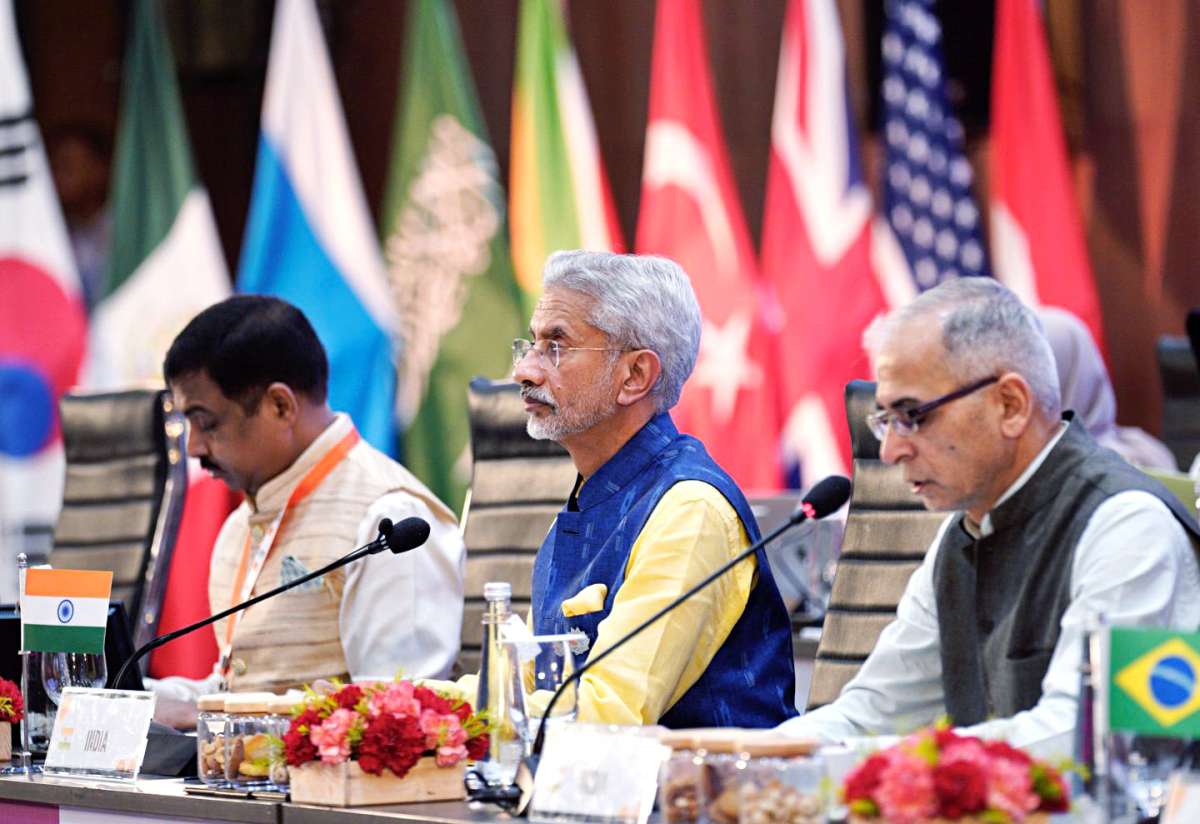The ‘Arab Region SDG Index and Dashboards Report 2023’ highlighted that UAE, Jordan, Tunisia, Algeria, Oman, Egypt, and Morocco have accomplished more than two-thirds of their targets…reports Asian Lite News
Seven of the 22 Arab countries – specifically, the UAE, Jordan, Tunisia, Algeria, Oman, Egypt, and Morocco – have accomplished more than two-thirds of their targets in the journey towards fulfilling the Sustainable Development Goals.
This key achievement was highlighted in a report by the Mohammed bin Rashid School of Government, in partnership with the United Nations Sustainable Development Solutions Network (SDSN). The report – ‘Arab Region SDG Index and Dashboards Report 2023’ – aligns with the Year of Sustainability and building on the recent COP28 discussions.
This pivotal report is a key resource for governments, policymakers, and stakeholders, offering a comprehensive means to track and measure progress towards the 17 Sustainable Development Goals (SDGs).
Additionally, it identifies key implementation challenges and data gaps, providing a solid foundation for developing actionable strategies.
Dr. Ali bin Sebaa Al Marri, Executive President of MBRSG, said, “The report reflects MBRSG’s dedication to empowering governments with innovative and proactive policies to meet various challenges and adapt to evolving circumstances at local, regional, and global levels,” he added.
Dr. Al Marri explained, “The report sheds light on the various development challenges confronting the Arab region, particularly its least developed countries. By adopting a data-driven approach, it offers a practical tool for targeted interventions aimed at fostering positive transformations across the region in relation to all Sustainable Development Goals.”
Dr. Fadi Salem, Director of the Policy Research Department at MBRSG and co-author of the report, stated, “The index, with its data-driven insights, underscores significant regional challenges and priorities. It calls for concerted efforts in the upcoming years to expedite development across diverse regional paths.” He also highlighted the importance of leveraging COP28 outcomes for unified regional progress towards a sustainable future.
Despite some regional advancements, the report highlights substantial ongoing obstacles in various developmental sectors within the Arab region. It calls for intensive efforts and the adoption of regional strategies to bridge existing gaps and foster progress towards a more sustainable future.
The report particularly highlights challenges in achieving gender equality (SDG 5), where all Arab countries have shown low performance, and the impact of conflicts on realising SDG 16 (peace, justice, and strong institutions). It calls for increased collective efforts to enhance gender equality policies, strengthen institutions, and tackle conflict-related issues.
Additionally, the report notes advancements in SDG 3 (good health and well-being) in some Arab countries, especially in basic health outcomes like neonatal and under-five mortality rates, and improvements in sectors related to SDG 4 (quality education).
Lama Zakzak, Principal Researcher at MBRSG and co-author, stressed the importance of the report’s findings on SDG 13 (climate action). She pointed out that while some countries have made progress in climate action, the least developed are still vulnerable to climate disasters and require significant support for climate-related goals, including adaptation measures.
Guillaume Lafortune, Vice President of the UN SDSN, commented, “This updated report offers a renewed assessment of the SDG progress and challenges in the Arab region, based on transparent and internationally recognized data.” He stressed the urgency of developing long-term investment strategies and ambitious plans with effective monitoring systems to achieve the SDGs by 2030.
The report also identifies the ongoing challenge of data availability, especially in monitoring SDGs related to poverty eradication and inequality reduction. It includes 113 indicators for the 17 SDGs, each with a score, colour-coding for performance levels, and trend arrows.
ALSO READ: Investopia UAE-India: New Edition Aims to Boost Investments


